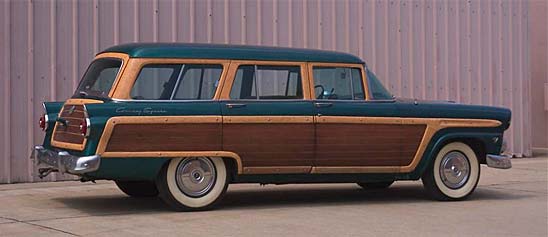
Americans have always been a people on the move—on rails, roads, and waterways (for travel through the air, visit the National Air and Space Museum). In the transportation collections, railroad objects range from tools, tracks, and many train models to the massive 1401, a 280-ton locomotive built in 1926. Road vehicles include coaches, buggies, wagons, trucks, motorcycles, bicycles, and automobiles—from the days before the Model T to modern race cars. The accessories of travel are part of the collections, too, from streetlights, gas pumps, and traffic signals to goggles and overcoats.
In the maritime collections, more than 7,000 design plans and scores of ship models show the evolution of sailing ships and other vessels. Other items range from scrimshaw, photographs, and marine paintings to life jackets from the Titanic.
Our collection database is a work in progress. We may update this record based on further research and review. Learn more about our approach to sharing our collection online.
If you would like to know how you can use content on this page, see the Smithsonian's Terms of Use. If you need to request an image for publication or other use, please visit Rights and Reproductions.